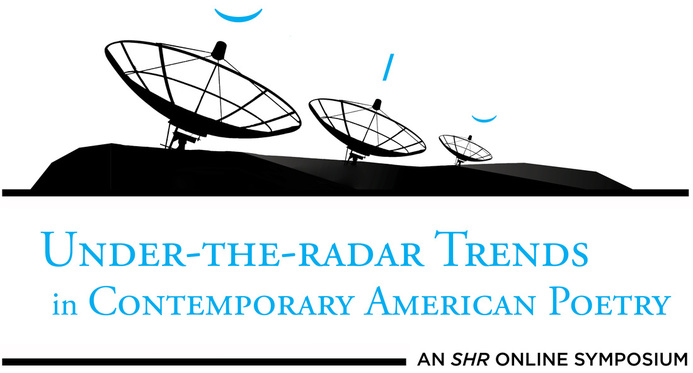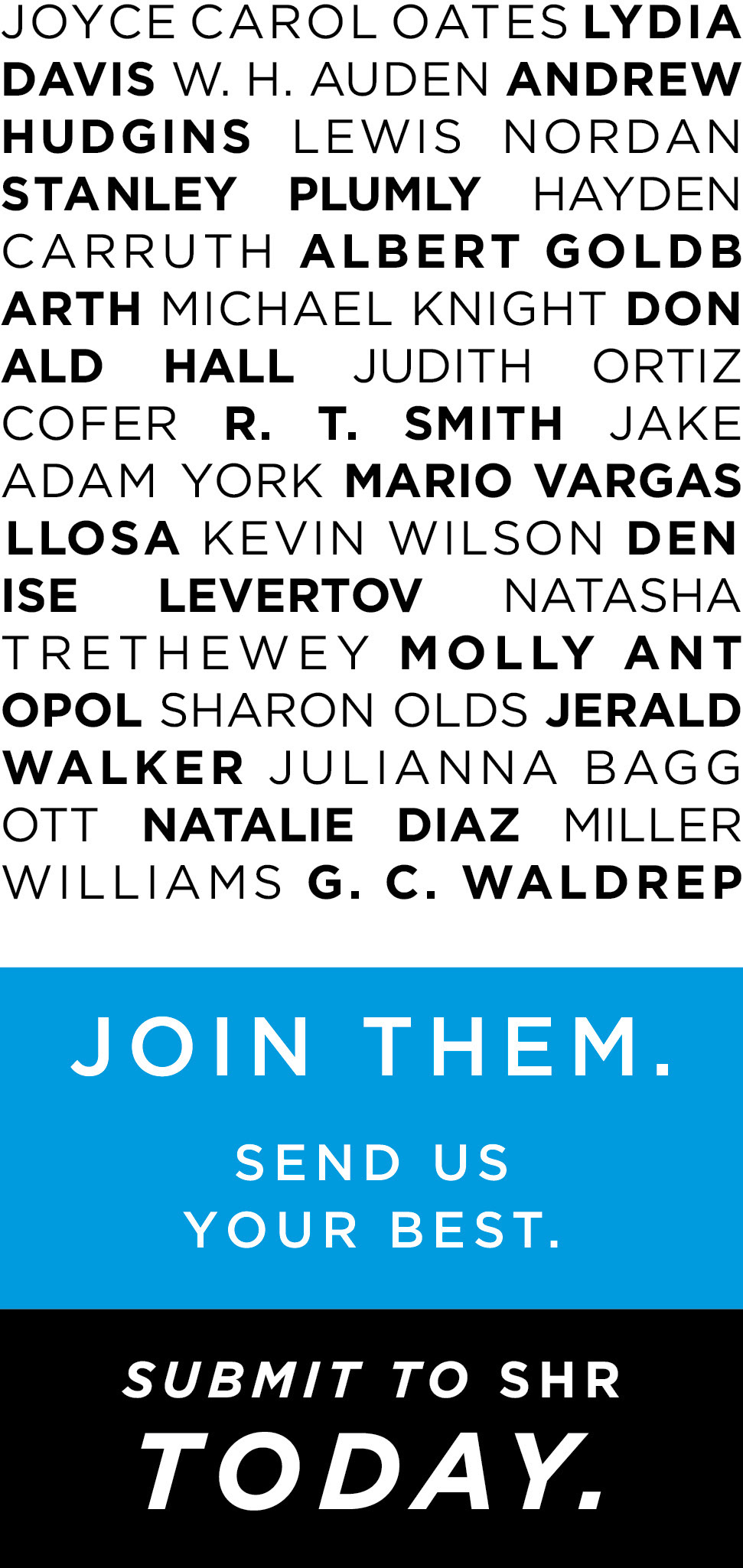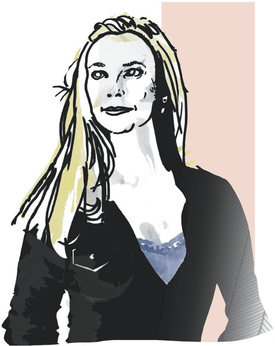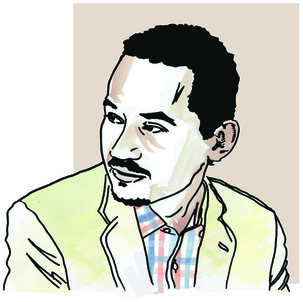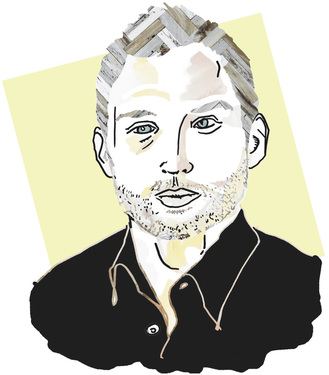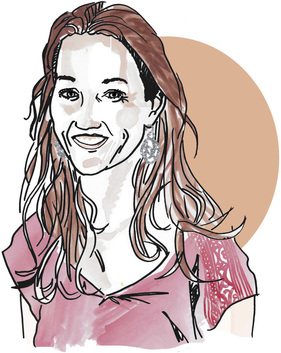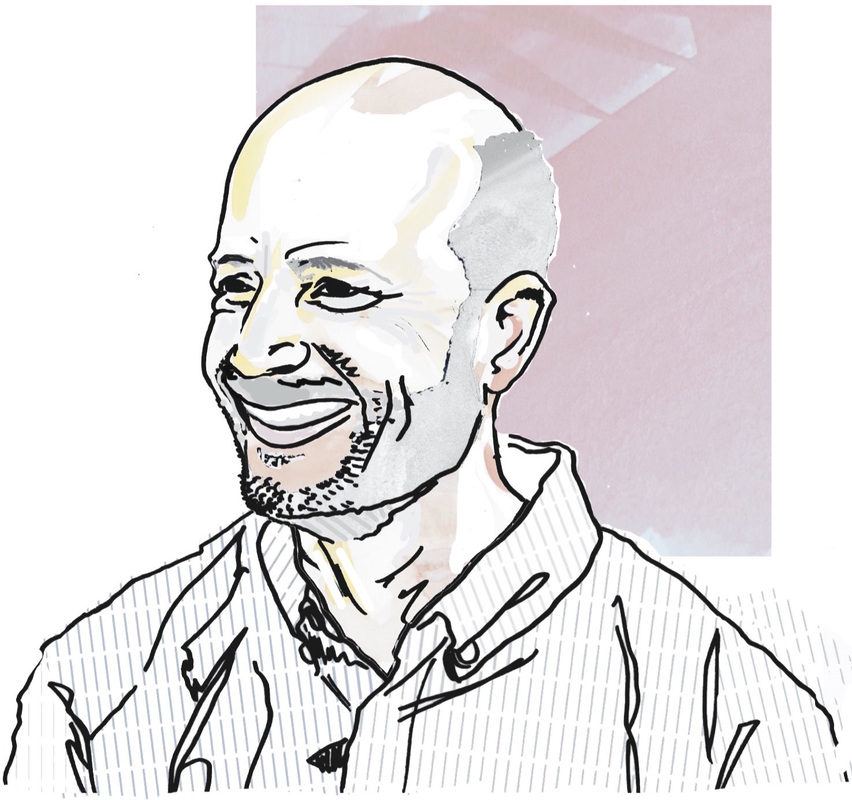|
Vertical Divider
Introduction
By DAVID RODERICK
These essays are the product of a 2014 AWP panel presentation titled “Under-the-Radar Trends in Contemporary American Poetry.” The five participants—Shara Lessley, Tomás Q. Morín, Paul Otremba, Rachel Richardson, and myself—tasked ourselves with reading carefully for developments in recent poetry that, as far as we knew, had not yet received proper notice. We also embarked on this project knowing full well that our panel title contained contentious terms such as “under-the-radar,” “trend,” and “contemporary.” (Come to think of it, why not throw in “American” and “poetry” as well?) Finding our own ways to outline and express these terms was part of the fun. The following written proposal served as our starting point:
We would be remiss here if we did not acknowledge that this project is loosely modeled on the ongoing critical symposia undertaken by David Baker, Linda Gregerson, Carl Phillips, Stanley Plumly, and Ann Townsend. At the last several AWP Conferences, these poets have presented their research on a shared topic, and a few years ago assembled those presentations into a vital critical text titled Radiant Lyre (Graywolf). We thank them, as well as the editors of Southern Humanities Review, who were kind enough to publish fleshed-out versions of our presentations here.
|
By SHARA LESSLEY
|
By TOMÁS Q. MORÍN
|
By PAUL OTREMBA
|
By RACHEL RICHARDSON
|
By DAVID RODERICK
|

